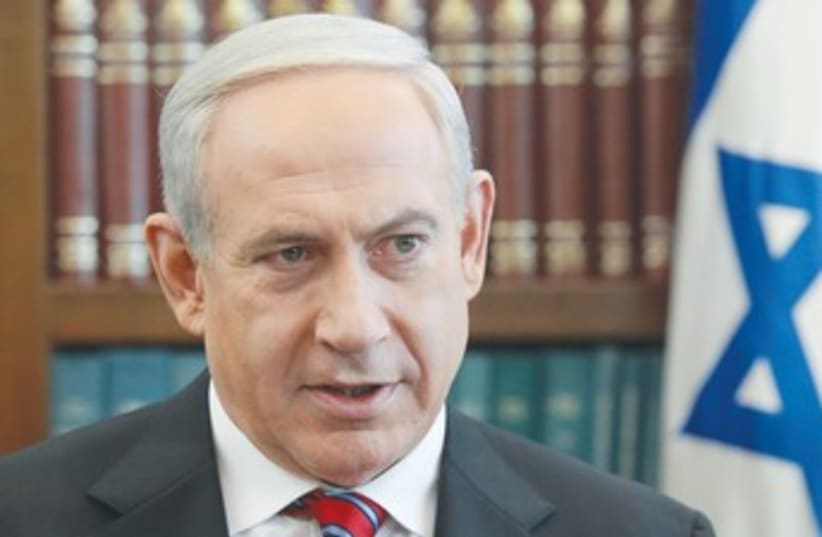Netanyahu to ‘Post’: I won’t uproot masses of Jews
PM concedes that he and Obama "have our differences" on how to achieve peace with Palestinians, says settlement blocs will remain part of Israel in any deal "and that’s where most construction is taking place."
